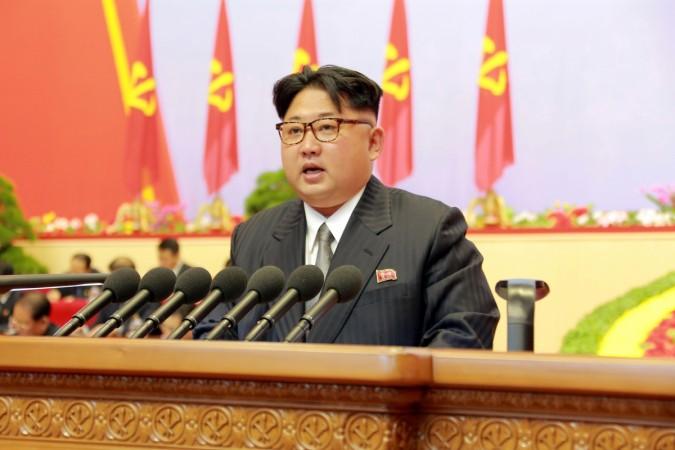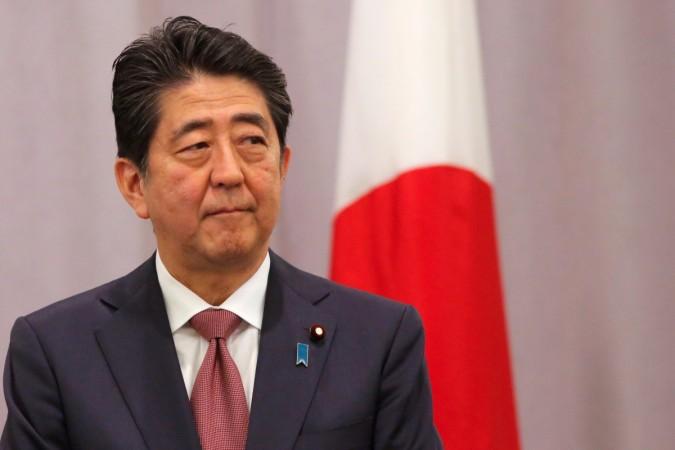North Korea on Tuesday threatened to destroy Japan with nuclear weapons after Tokyo attempted to convince the international community to reject a dialogue in favour of applying more pressure on Pyongyang, and take concrete actions.
North Korea, in an article released by state-run Korean Central News Agency (KCNA), responded to Japanese Prime Minister Shinzo Abe's speech at the United Nations General assembly (UNGA) last month, and said Tokyo — the very people who were "the first victim of nuclear disaster in the world" — would again face nuclear destruction.
Abe, at the UNGA meeting in September in New York, had called for "pressure, not dialogue" to force North Korea to abandon its nuclear ambitions.
The UN has imposed several sanctions on North Korea in an attempt to thwart the nation's burgeoning nuclear weapons programme.

Kim Jong-un's regime accused Abe of "using the 'theory of crisis on the Korean peninsula'" for political purposes, and in particular to "facilitate Japan's militarisation and at the same time strengthen inside unity and save the present rulers driven into a tight corner with corruption and irregularities," Efe news reported.
The article in the KCNA said that the Japanese prime minister had already shown his "sinister political goal" with measures such as increasing defence costs and calling snap elections.
"Japan's rackets inciting the tension of the Korean peninsula is a suicidal deed that will bring nuclear clouds to the Japanese archipelago," the article said.

"No one knows when the touch-and-go situation will lead to a nuclear war, but if so, the Japanese archipelago will be engulfed in flames in a moment," the article added, stressing that if the Japanese people, "the first victim of nuclear disaster in the world, are offered in sacrifice owing to handful militarist reactionaries' political aim, it will be a tragedy of the century".
After North's latest missile launch and the sixth nuclear test, the US had suggested that its patience for diplomacy with Pyongyang was running out. With North Korea's growing nuclear programme, unbridled missile tests, and the US' threats of military action, a highly plausible prospect of a nuclear war looms over the world.









